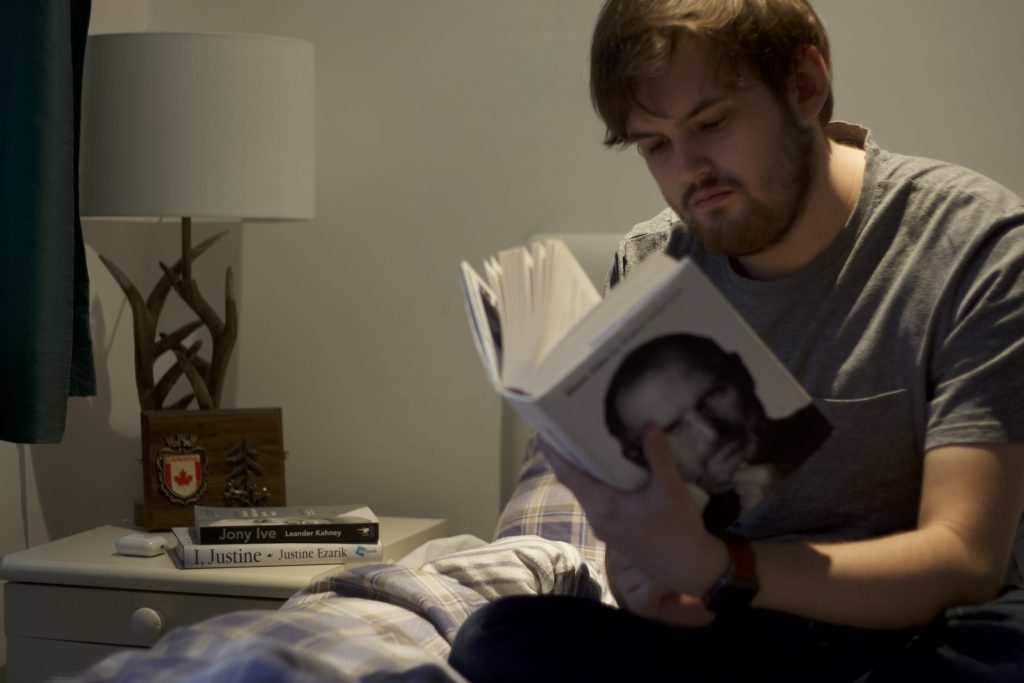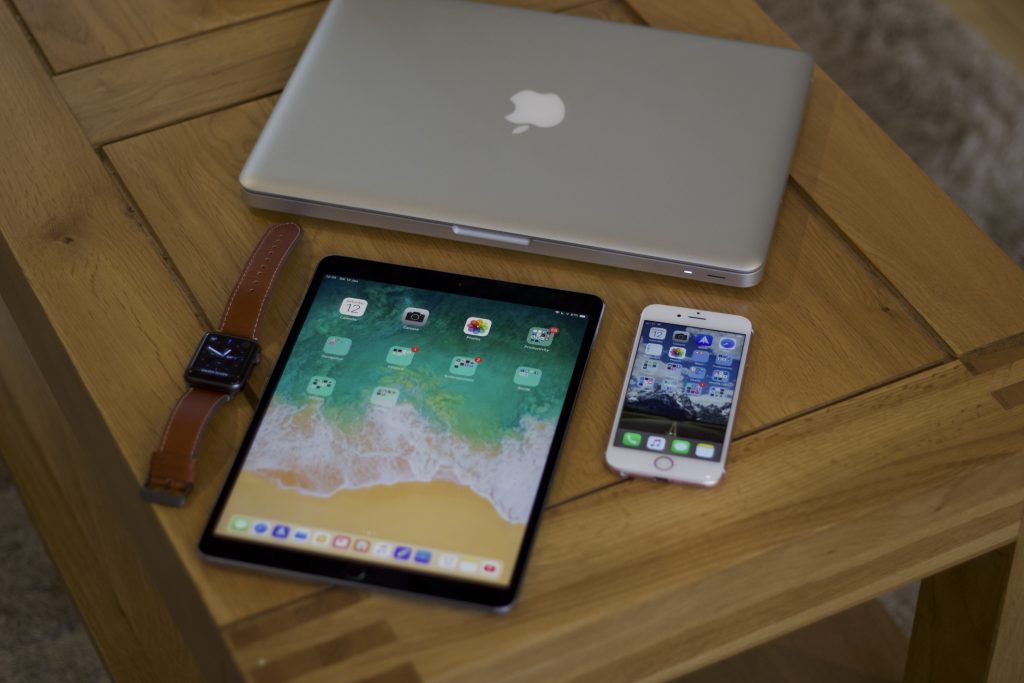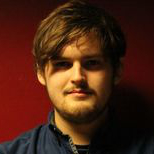I was 18 months old when diagnosed with short-term memory loss, and in conjunction with my speech and language struggles, I was unable to speak until I was five. Calling my sister, Amey “gabi” and Father Christmas “ho-ho-ho” was all I could say. I remember on Christmas Day 2009, I was in my parents’ old kitchen, that of a house they owned for 33 years. My eldest sister presented me with my first mobile phone, a flip-phone. The prospect of having a phone excited and thrilled me, made me feel mature and older. I was on my way to popping in that SIM card to then asking friends on Facebook for their numbers. I was 11 years old.
I started immediately texting on my pay-as-you-go plan. My first insight into the world of mobile telecommunications was in my possession, a device that can be used and stored away into your jean pocket, and it got me interested in the technology that I find to be so fundamental today.
It wasn’t the specs of that flip-phone that intrigued me. It was the features.
Seeing what it could do is what drew me into the mobile phone market. I was a shy kid. I couldn’t get into a conversation IRL if I weren’t the one starting it. It was hard to make friends or even talk to them—or anyone, for that matter. Having that phone allowed me to input my thoughts to send to other people, and gradually I became more confident.
I built relationships with those at my secondary school, all through technology. I remember the times, gaming on my PS3, a bunch of us would get together and spend countless hours playing Call of Duty: Black Ops Zombies shouting and screaming with our eyes glued to the screen, our fingers numb, bursting for a wee. When I went to school, I had more things that I’d wanted to talk about with others, I was open about myself in classes, and eventually, my emotions manifested themselves.
In 2010, I got a 4th-generation iPod touch, and later that year, an iPhone 4. Yes, the iPhone 4 was practically the same as that iPod Touch but without the cellular, although it did save me having to carry around two devices—no separate smartphone and media player anymore. I had wanted the best of both worlds in one device. Why? For two reasons:
- Convenience.
- Because from that point on, I was an Apple fanboy.
I was proud of the fact I was an Apple fanboy. I studied a lot about the company, made two presentations in college and university for my media courses, getting first-class grades for both of them.

It was my kingdom. I wanted everything Apple, though I would only buy Apple products if they held purpose in my life, meaning that they would have to add to my filmmaking or help with my disability.
Currently, I’m using the iPhone 6, a 10.5-inch iPad Pro with Apple Pencil, an Apple Watch Series 3 with cellular, and a mid-2012 MacBook Pro. I use these devices every day. I never put them down, always looking down or straight ahead at a screen.

Despite this, there are negatives to devices like phones, laptops, tablets, etc. For starters, the amount of time that we spend on them can be overwhelming, which I talked about in a previous article, “Manage Your Digital Wellbeing”.
The large amount of information that we process on social media can result in depression when we compare ourselves to the filtered lives of others, and we are continuously distracted from the essential things in life.
Now comes the most significant factor for me: using Apple products has placed me into an ecosystem that gives me many practical ways to overcome my disabilities.
I set reminders on my Apple Watch all the time, even for the small things, like, “Hey Siri, remind me in half hour to turn off the cooker,” or, “remind me to have a shower at 8am.” Seriously.
I do this because I have short-term memory loss, another disability of mine that is quite self-explanatory. It results in me forgetting a majority of things in a short amount of time. I’m not talking seconds here, but minutes. It’s something that has affected the way I learn. Forgetting deadlines, submission requirements, what was said in a lecture, facing tasks throughout my day such as taking a shower, which I forget on some days. It is all now aided by technology.
I have a recorder for lectures; I set my reminders for content and deadlines, and include notes in those reminders as well, and when I’m stressed, then I know to set a reminder for later on to take a shower, or my girlfriend prompts me. My short-term memory loss, combined with dyslexia (which affects how I understand verbal, written, and visual context) and verbal dyspraxia (which affects my speech and language skills) results in me sometimes forget what I’ve said to someone or what I was thinking at the time.
How does this differ if it was on an Android device?
I remember getting my first smartphone before owning an iPhone: the HTC Desire. It was the first flagship of its kind from the Desire series, leading me to have the best phone on the market at the time, at least according to TechRadar’s “Top 10 Best Smartphones”. Gorgeous screen, battery life was great, and the device was powerful. It was the perfect phone for me! Until I was mugged for it… but that’s a story for another time. I was lost without it. My precious new smartphone was long gone. My parents soon got a replacement, although it was this frighteningly slow Sony Xperia Mini that I had for two years, which was the last ever Android smartphone I used as my daily driver.
Going back to what I said before, I’m part of an ecosystem now with Apple. What I set or do on one device will show up on all my others. So, for instance, setting a reminder on my phone – well, I may not have my phone on me later in the day. The range of devices is determined by whatever I’m using at the time. The device prompts me with the reminder I had set earlier on the phone. It could be my laptop, my watch or, my iPad. The devices work through Apple’s iCloud system, and it’s a dream! It’s the same with putting things into my calendar. No extra apps need to download, as it’s all preloaded on the devices and it works seamlessly.
What if I’m out for the night and my iPhone dies? No worries, the Apple Watch Series 3 has cellular. £5 a month for unlimited data, calls, and texts with EE. Not bad at all! I can call an Uber, get directions, pay and most importantly get all my reminders and schedules. It’s a second phone.
I have a lot to thank Apple for. Thank you for building amazing products. You have changed my life for the better! I wouldn’t have created this site and videos without the support of your products. It’s funny how a simple app can change or even help you so much in living a better life. I enjoy simplicity. I class myself as a minimalist. Having the tools now to focus on the essential things is allowing me to become a better version of myself.
It’s about being intentional with your choices so that you can get the most out of your education and quality of life.
